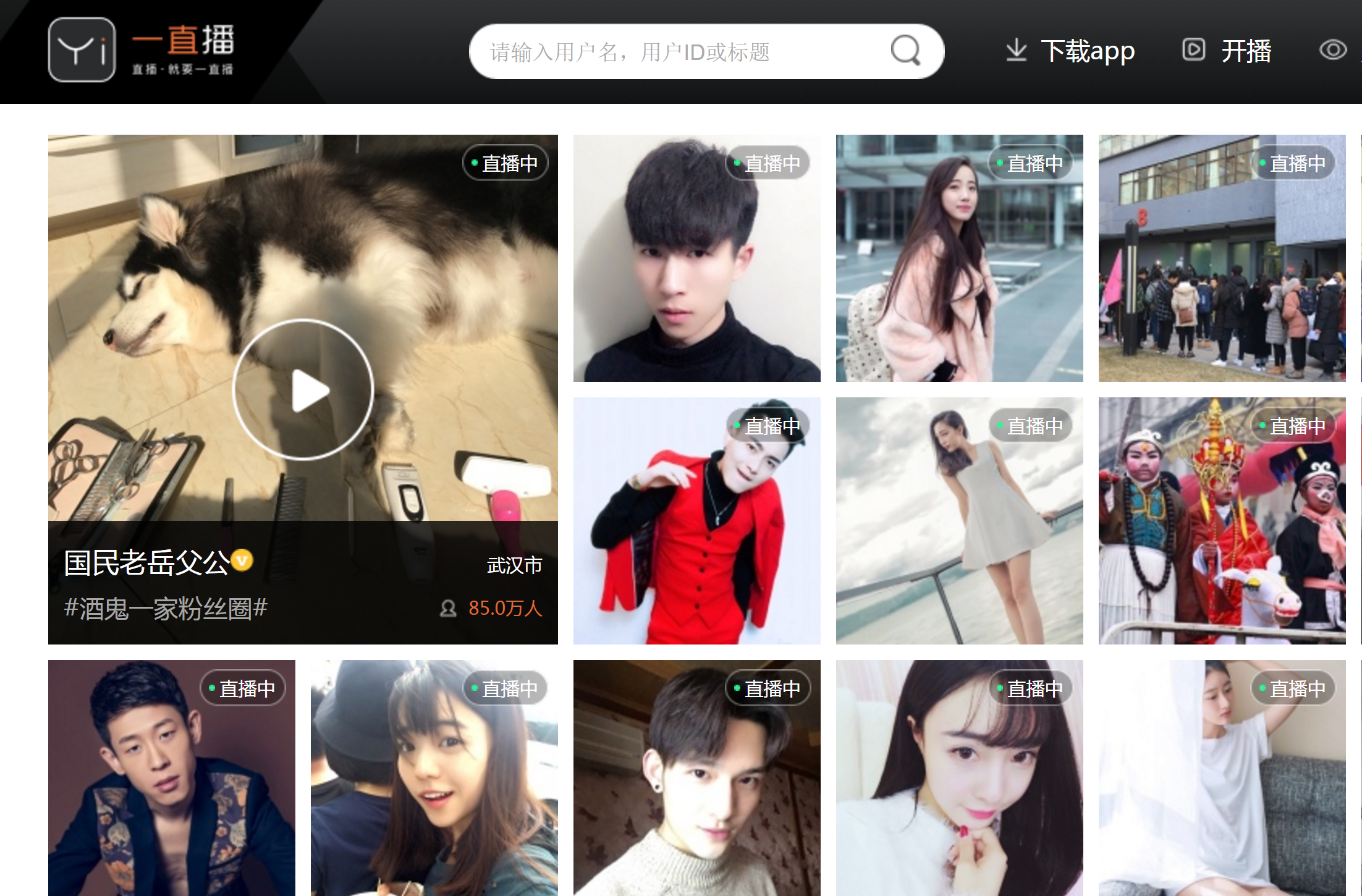From Papi Jiang's Swiss watch collaboration, to Tmall's virtual U.S. shopping trip, live-streamed luxury brand campaigns are part of a growing trend as China's live-streaming audience expands. The latest report by Chinese consulting company iiMedia Research estimated that the number of live-streaming platform users had exceeded 312 million by the end of 2016, with more than 200 apps and platforms making up a market worth close to 9 billion RMB (roughly $1.3 billion). Even though the Chinese government has recently tightened its grip on the practice, many industry experts remain optimistic about live streaming's potential. For example, Credit Suisse noted in its September report that the market would grow to $5 billion by the end of 2017, which is about 50 percent of the size of China’s mobile gaming sector.
The excitement, real-time experience, and authenticity live streaming can bring to its audience represents a tremendous opportunity for luxury brands in China to improve their brand awareness and boost sales. Many of them, including Hilton Hotels and Resorts, Chanel, Dior, and L’Oreal, have already tested the waters—last year, Chanel debuted its products via a live-streaming event, Dior broadcasted its haute couture fashion show in Paris, and L'Oreal gave users the opportunity to buy its products as they watched its live broadcast.
Brands doing live-streaming campaigns usually choose several platforms to broadcast the same event in order to reach a wider audience. Below is a roundup of 10 Chinese live-streaming apps that are catching the attention of marketers and quickly building large followings.
1. Meipai#
Meipai is well-known for its video and editing features, favored by many Chinese celebrities and KOLs. Its live-streaming feature was added in January of last year, after which it didn't take long before it attracted a score of beauty brands, including L’Oreal, Maybelline and SK-II, as loyal users. As of June 2016, Chinese media reported that Meipai's live streams had 570 million viewers.
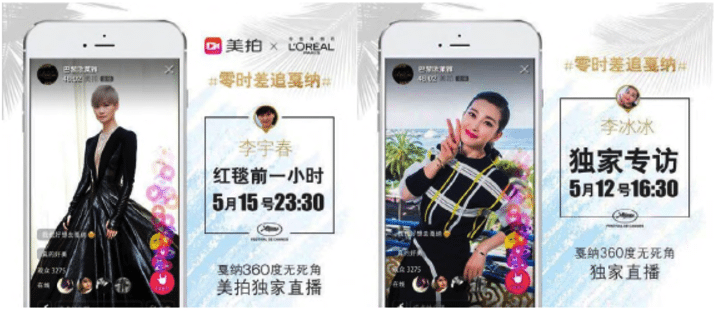
As the main sponsor of the Cannes Film Festival last year, the French cosmetics company L‘Oreal invited a number of Chinese celebrities, including Li Bingbing and Li Yuchun, to live stream their attendance and show viewers how they applied their L'Oreal makeup. As this was happening, the app pushed out information on where to buy these items. This “See Now, Buy Now” model successfully boosted the sales of the featured products. L’Oreal’s flagship store on Tmall reported that the lipstick used by Li Yuchun during the event was sold out within four hours.
2. Douyu TV#

Douyu TV is among the first generation of live-streaming platforms in China. Founded in 2013, the Twitch-like platform gained its reputation and popularity for its e-sport live-streaming service. However, the app started to produce more diverse live content after Tencent acquired it last year. For example, Hilton Hotels and Resorts, in collaboration with Ctrip Travel Group, live streamed at its hotel in Hainan in June. Analysts estimate that the app's daily active users were close to 1.2 million last year.
3. Huya#
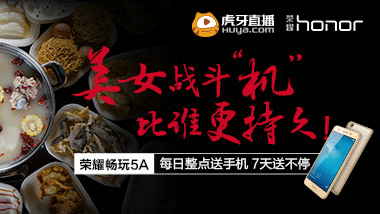
Launched in 2011, Huya is a leading live-streaming app in China. The company's financial statement shows its app's revenue reached 200 million RMB ($28 million) by the third quarter of 2016. Last September, China’s telecommunications company Huawei debuted its "Honor" 5A phone on the app. The live-streaming event lasted 168 hours and sparked animated discussion on Chinese social media.

4. Huajiao#
Launched in 2015, Huajiao has been dedicated to exploring partnerships with Chinese celebrities, and in mid-2016, it became the first live-streaming app in China to have a virtual reality (VR) function. Due to its technological strength and close relationship with celebrities, Huajiao was the best performer in the market in 2016. It currently boasts more than 5 million daily active users.
Last year, the app invited Chinese actress Yan Dancheng to broadcast her cruise with Tuniu, an online leisure travel company.
5. Inke#
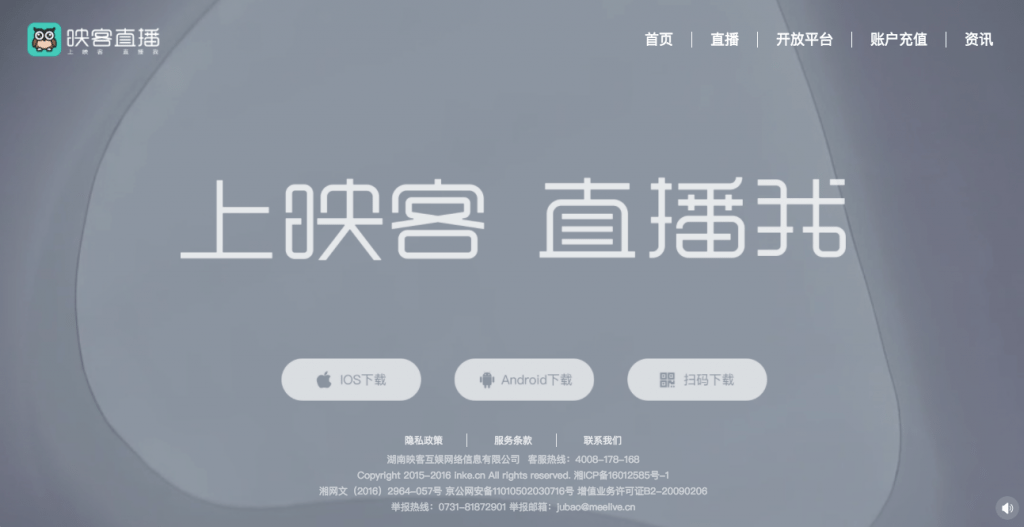
While it's not the most well-known of the bunch, Inke has been used by luxury brands, including Hilton Hotels and Resorts, for live-stream campaigns since its launch in 2015. The app's founders claim Inke is the first platform in China to invite Chinese celebrities to live stream. In 2016, the popular Chinese fashion blogger gogoboi used the app to live stream the “Cruise 2016 Collection” by Louis Vuitton. On the app’s official website, Alibaba’s Tmall is listed as one of its official partners. As of June 2016, the number of registered users on Inke exceeded 130 million, with nearly 15 million daily active users, according to Chinese media reports.
6. Taobao’s and Tmall’s live streaming platforms#
Alibaba launched live-streaming features on Taobao and Tmall in early 2016. Unlike other live-streaming apps, the e-commerce sites have made it clear at inception that their goal is to promote consumption. The live-streaming page on Taobao features information about products, purchasing links, coupons, and recommendations. Tmall's live-streaming platform is more brand-focused. Brands not only can use the platform to broadcast, they also can work with Tmall to come up with an exclusive and tailored live-streaming plan if needed.
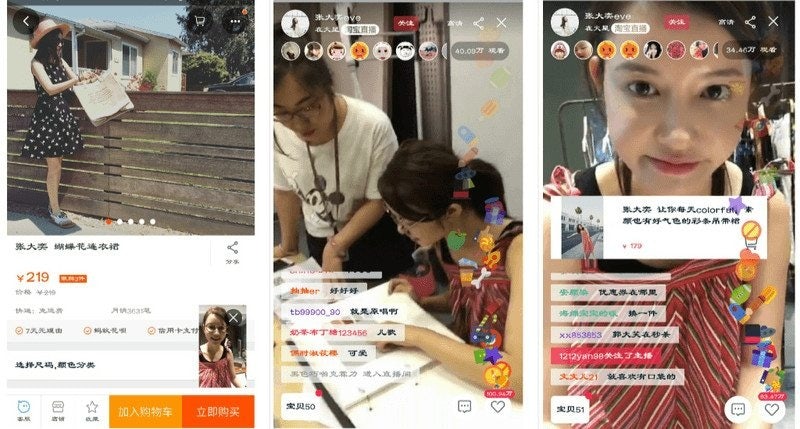
So far, official data from Alibaba indicates that the “See Now, Buy Now” model works well on both platforms. The conversion rate (from viewership to order) is between 10 and 20 percent on Tmall, and more than 30 percent on Taobao.
7. Yizhibo#
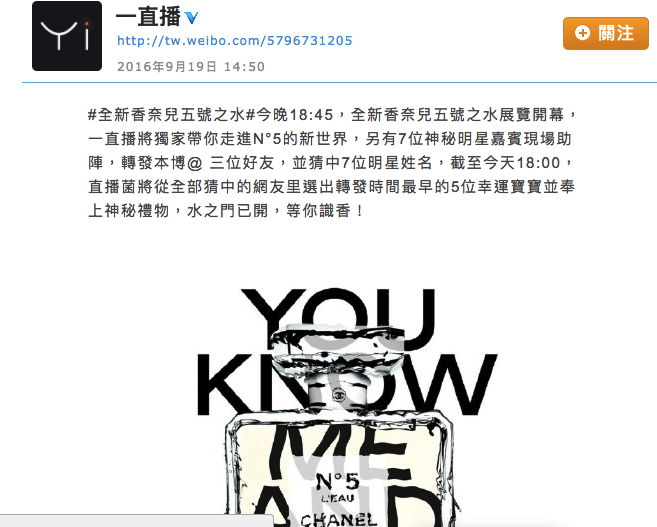
As a go-to channel for live-streaming events on Weibo, Yizhibo has attracted many Chinese celebrities and brands to debut collections and products on its platform. For example, Chanel launched the latest edition of its signature fragrance N°5 with the app last year. The newest available data released by the app says that the number of its daily active users has reached 7.73 million.
8. Tencent TV#
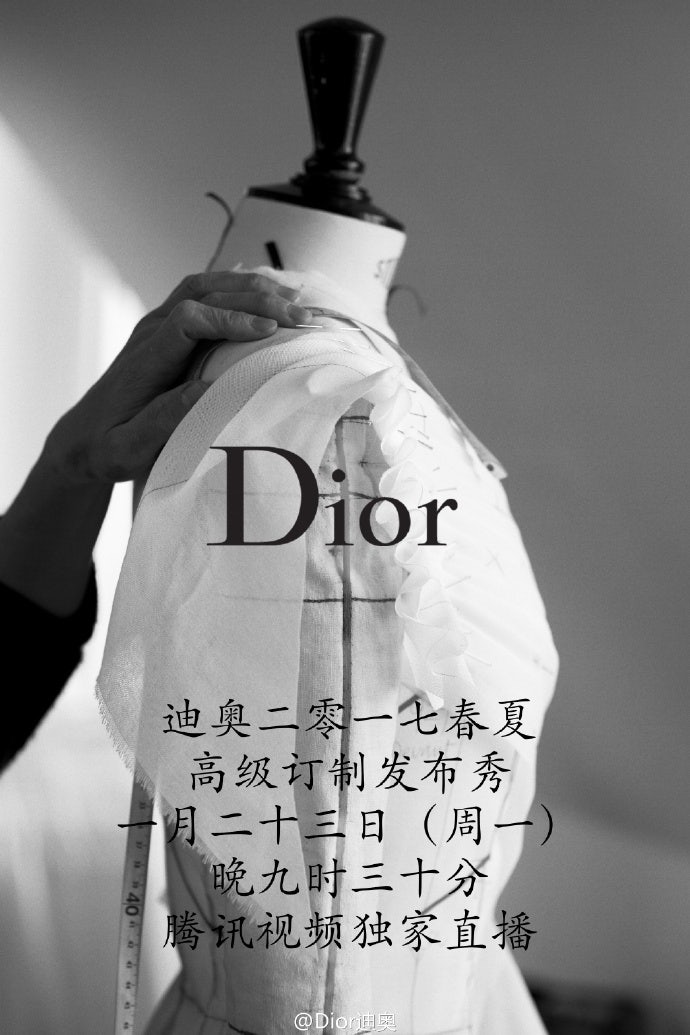
The main Chinese video streaming website owned by tech giant Tencent, Tencent TV also has a live-streaming feature. The French luxury powerhouse Christian Dior exclusively live-streamed its Haute Couture Spring/Summer 2017 fashion show with the platform in January.
9. Panda TV#

Wang Sicong, the only son of Chinese tycoon Wang Jianlin, founded Panda TV in 2015. Even though the app currently focuses on live streaming PC games, industry analysts believe it has potential in the future to be a live-streaming leader because of its close relationship with Wanda Group. Chinese media reports estimate that the app has about 1.5 million daily active users.
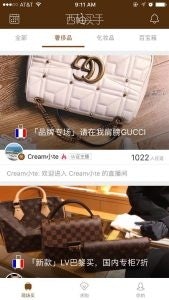
10. Xiyou#
Xiyou is not a live-streaming app for luxury brands, but rather, it is specially designed for overseas purchasing agents (daigou). The brand “Xiyou” was first established on WeChat, where agents (maishou) could record themselves shopping to reassure buyers that their goods were not domestically-made knockoffs. At that time, Xiyou's monthly turnover was around 250,000 RMB. Then in late 2015, the company launched the app, and soon had more than 2000 agents conducting business on its platform.
